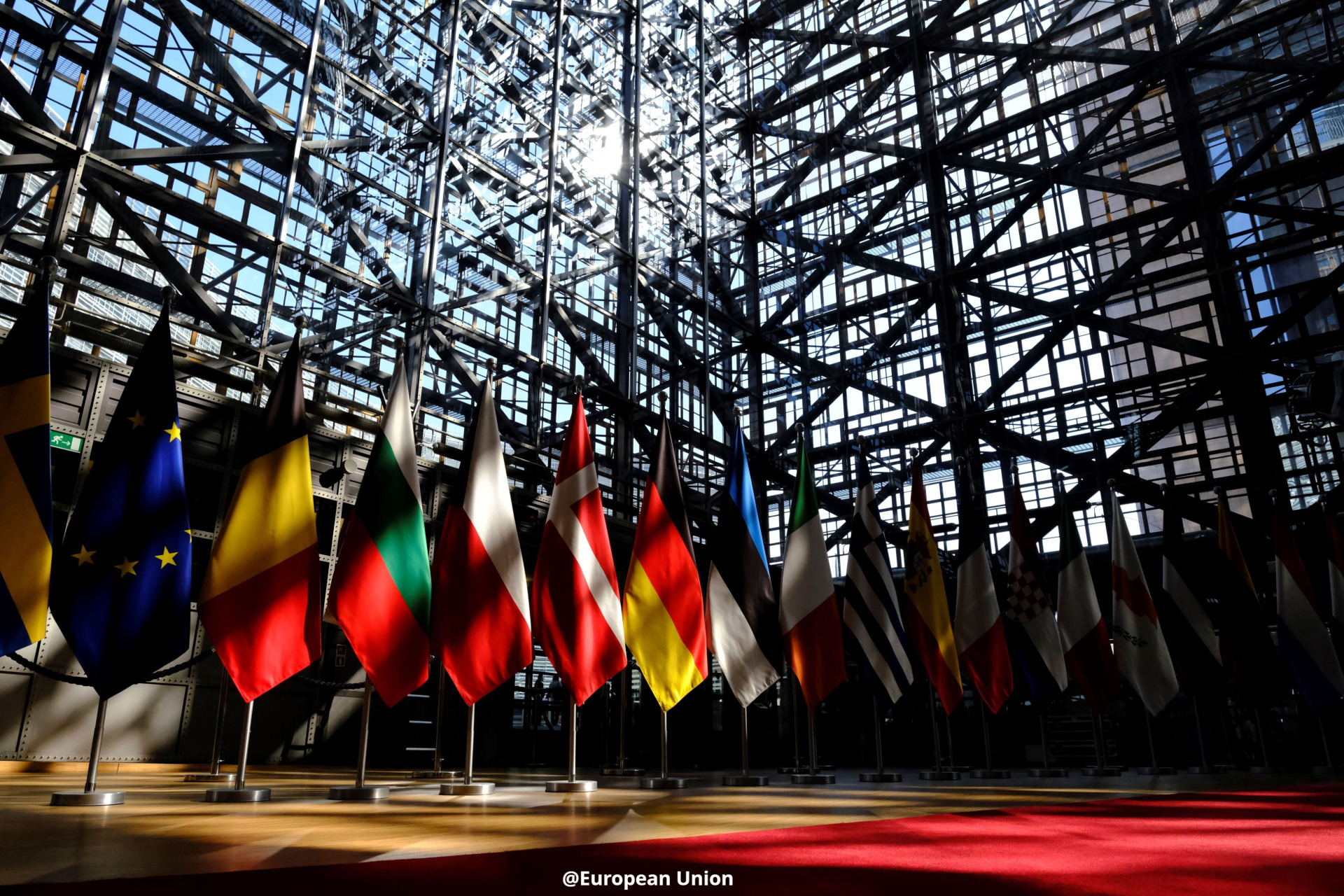
A draft of the EU’s next strategic agenda for 2024-2029, set to be adopted by heads of state during the 27-28 June European Council meeting, was recently made public, along with the priorities of the Hungarian Presidency of the Council of the European Union starting on 1 July. Both documents offer insights into the bloc’s general direction and ambitions regarding energy and research policies.
The strategic agenda is set to shape the programme of the next European Commission’s policymaking over the coming five years. The unofficial publication of the new draft comes two months after an outline of the same document was leaked, which relegated climate and energy topics to the backseat.
The extended version now available retains the same structure, confirming the emphasis on issues such as defence, security and migration, in the first and second headings, on “building a free, democratic, strong, and secure Europe”, to foster peace and adapt to a global agenda reshaped by geopolitical competition. The third and final heading, “A prosperous and competitive Europe,” focusing on strengthening European industrial and strategic independence, is the only part of the document where climate and energy policies are discussed, under the rubric titled “Making a success of the green and digital transitions”.
The publication highlights the prominent role of innovation in achieving the green and digital transitions. Specifically, it underscores the importance of increasing the European Union’s sovereignty in strategic sectors and closing the innovation gap with international partners and competitors. Securing strategic supply chains and reducing harmful dependencies are also listed among the EU’s main strategic objectives, alongside strengthening the Single Market, one of the bloc’s greatest assets.
Net-zero technologies, mobility, chemicals, and advanced materials are recognised as key technologies of the future. Concerning energy, the document calls for investment in infrastructure, reinforcing the energy union, securing supplies, boosting circularity, and developing clean technologies, including innovative emerging and enabling technologies.
Echoing the draft strategic agenda, Hungary, which will hold the Presidency of the Council of the EU for six months starting on 1 July, presented its priorities. A holistic “New European Competitiveness Deal,” which would in part promote the green and digital transition, is at the top of the list. Hungary also mentions the EU Green Deal concerning agricultural policy, highlighting the need for a “farmer-centred” approach. Other priorities of the Hungarian government include reinforcing defence policy, tackling migration, and addressing demographic challenges.
However, few files are expected to make significant progress in the next six months, which will be mainly characterised by intense negotiations on the distribution of the EU top jobs – EU Commission, Parliament and Council Presidents, as well as the position of High Representative/Vice President for Foreign Affairs.